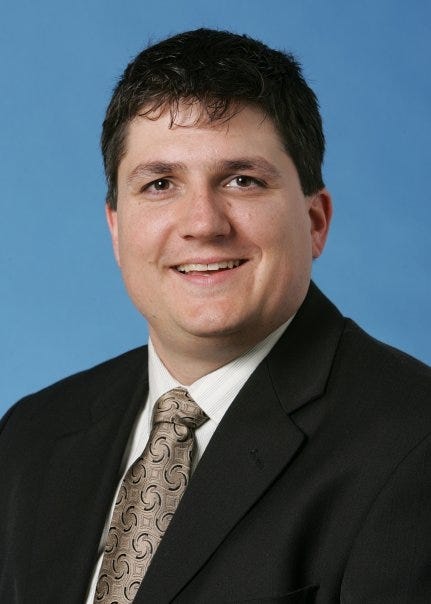"There are solutions on Quesnel road..."
Denis Bonin led the petition and believes now is the time to bring water, but there are still options to consider.
Denis Bonin initiated the petition to bring water services to Quesnel Road and believes there are multiple solutions to address the issue.
Bonin spent many hours speaking with nearly every resident affected on Quesnel Road about the possibility of finally bringing municipal water to their part of town via a “local improvement charge.” During his presentations, he informed residents that the final costs had not yet been determined, but emphasized that this approach would require residents to pay for part or all of the expenses.
As reported last week, this is not the first time residents on Quesnel Road have attempted to bring water services to their street. In 2022, the municipality provided an estimate of $600,000 to connect the 1.6 km stretch of Quesnel Road to the municipal water system.
Bonin has spoken extensively with Ward 1 councillor Kris Rivard and municipal staff about the issue and believes a compromise can be reached that benefits both the residents of Quesnel Road and the city in the long term. However, after submitting his petition, which garnered the support of the majority of affected property owners, Bonin was surprised to see the estimate had increased to $1,009,000.
In Bonin’s view, water services must eventually be extended to Quesnel Road, and the longer this is delayed, the higher the costs will become. He points out that residents in the area have long struggled with issues related to well water, with some spending thousands of dollars on filtration systems. Additionally, he highlights concerns about the water table’s ability to sustain the growing number of homes in the area. Many residents have reported regularly dealing with dry wells, a problem that appears to worsen as new wells are dug.
Over the past decades, the municipality has extended water services to other areas, including Nipissing, Dutrisac, and Salter. While Bonin acknowledges that residents in those areas paid for water services, he also notes that the city contributed significantly to the costs of those projects.
Bonin and most Quesnel Road property owners are willing to pay their share to close the loop between Nipissing and Quesnel, but he understands the frustration of residents who do not require municipal water and oppose the idea of being forced to pay for it. To address this, Bonin suggests the city should implement a future levy for those who opt not to connect now but may benefit from the project later.
Bonin notes that the current estimate of $314 per metre of road frontage will not work out to an unreasonable price for most residents. He cites an example of a newly created 100 foot lot that would cost under $10,000 to connect to water services.
The city could also consider covering part of the project’s costs. When the issue was discussed last week, staff highlighted the potential advantages for the municipality, such as closing two dead-end water lines, encouraging future development, and increasing user fees. However, most councillors expressed reluctance to share costs, citing other municipal water issues that they believe should take priority.
The municipality has already allocated $189,000 for ditching along the entire 1.6 km stretch of Quesnel Road in 2025. Bonin also notes that the road is scheduled to be resurfaced in 2026. He argues that these planned projects present an opportunity for cost-sharing that could significantly reduce the expenses of bringing water services to the area.
“Now is the time to do it while they are going to be working on the road,” Bonin says. He further emphasizes that addressing the water issue could help alleviate the housing shortage by enabling new residential development opportunities for the city of West Nipissing.
The West Nip Voice is a regular newsletter covering issues in West Nipissing and the surrounding area. Please consider becoming a subscriber.




